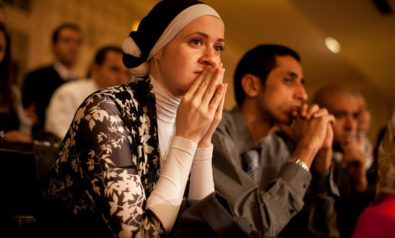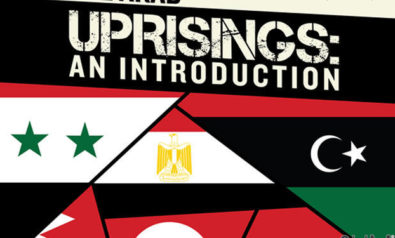The following is the third of a series of excerpts that Fair Observer will be featuring from its first book, The Arab Uprisings: An Introduction. Read the first excerpt here.
For decades, elites have captured the state to serve their interests in the Arab world. Institutions and the rule of law have been lacking. Transparency in government procedures and political pluralism has been absent. In Libya, “informal ties and a lack of institutions” have impaired the functional capacity of the state completely. Institutions are urgently needed in Libya but throughout the Arab world, major challenges in governance need to be addressed to create an effective state. This will only be possible if the different factions within each country come to an understanding with each other, and compromise individual interests for the collective good of the country.
Civil Control Over the Military or Militias (Egypt, Libya, and Yemen)
In many regimes, the military has acquired a certain “political pivotalness” such as in Egypt and in Yemen. “The very resources and privileges that enable soldiers to suppress the regime’s opposition also empower them to act against the regime itself.” As such, in many countries, control over the military by civilian governments has been weak. In Libya, after a period of civil war, many militias are still operating outside government control. Reforming the state must mean restoring civilian authority over the armed forces.
Reform of the Justice System (All Countries)
The hegemony of the executive over the judiciary and the establishment of special and military tribunals have eroded individual rights, destroyed due process, and eliminated a fair trial in criminal, civil, and administrative matters. A new justice system is urgently needed along with law enforcement reform. The police have long been an instrument of oppression and their powers have to be trimmed drastically. Detention, torture, arbitrary arrest and exemption from the rule of law have to be consigned to the dustbin of history. New transparent systems based on protecting individual liberties have to be created. The culture of wielding power with impunity and immunity has to end, and those who have committed human rights violations have to be held accountable.
Economic Development and Social Welfare
The most important challenge for the region is fostering economic growth that leads to employment generation and poverty alleviation. So far, “ruling elites in the region have captured key segments of the economy and created an entrenched rent seeking system of crony capitalism.” The state has smothered entrepreneurship through corruption and regulation. It has also neglected public services such as healthcare, education, and housing.
At the same time, “rapid demographic growth over the past three decades, in combination with a dramatic increase in the number of educated job seekers, has imposed critical challenges on Arab regimes” that they have been unable to deal with.
High unemployment, rampant poverty, and a lack of public services in fast growing urban settings have created widespread discontent especially among a growing youth population. The World Bank estimates that the region will need to create 50 million jobs over the next decade to ensure social and political stability. The new governments are racing against the clock and will have to start reforming their economies as soon as they assume power.
Read the fourth excerpt from The Arab Uprisings: An Introduction on January 28, 2013.
The Arab Uprisings: An Introduction is available to purchase at Amazon. A paperback version is available at the SlimBooks store.
Support Fair Observer
We rely on your support for our independence, diversity and quality.
For more than 10 years, Fair Observer has been free, fair and independent. No billionaire owns us, no advertisers control us. We are a reader-supported nonprofit. Unlike many other publications, we keep our content free for readers regardless of where they live or whether they can afford to pay. We have no paywalls and no ads.
In the post-truth era of fake news, echo chambers and filter bubbles, we publish a plurality of perspectives from around the world. Anyone can publish with us, but everyone goes through a rigorous editorial process. So, you get fact-checked, well-reasoned content instead of noise.
We publish 2,500+ voices from 90+ countries. We also conduct education and training programs
on subjects ranging from digital media and journalism to writing and critical thinking. This
doesn’t come cheap. Servers, editors, trainers and web developers cost
money.
Please consider supporting us on a regular basis as a recurring donor or a
sustaining member.
Will you support FO’s journalism?
We rely on your support for our independence, diversity and quality.








Comment